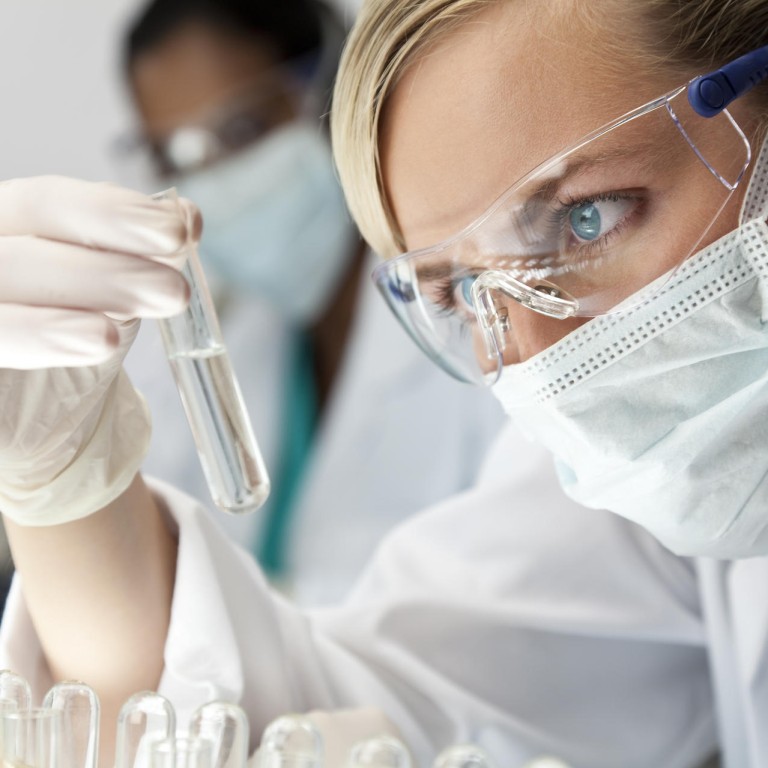DNA testing offers expertise knowledge of the exact cream or serum for you

In the world of beauty, skincare products specially designed for your genetic make-up are in demand, writes Vivian Chen
So you think a customised formula, which caters to your skin type, is the answer to a do-it-all magic cream, how about bespoke skincare regime and products designed according to your genetic coding? No more guesswork, just a tailor-made cocktail of ingredients to address your present and future skin issues.
"Genetic testing takes a step further than those one-size-fits-all 'it' creams," says Stefan Mazy, founder of Australia-based SkinDNA Clinics, which offer genetic mapping and work with various skincare partners on facial treatments and products. "DNA information and a customised treatment plan can help you achieve the optimum level of intrinsic and extrinsic dermal protection with long-term results."
Since the first accurate human genome sequence was completed in 2003, the technology has advanced rapidly. The costs and complexity of DNA testing have fallen dramatically, allowing commercial application of the technology in fields from medication to lifestyle.

While some off-the-rack luxury creams are selling for more than HK$10,000 a jar, interest in truly bespoke skincare solutions is on the rise. High-end beauty salons and luxury skincare brands are quickly picking up the trend of DNA-based skincare products. The past few years have seen the rise of independent DNA testing labs and clinics with a focus on lifestyle and skincare across the globe.
Sepai from Spain offers a highly customised set of serums and creams based on one's genetic codes that will set you back at least HK$26,000 for a six-month course. Business has taken off quickly since its launch in 2007 and counts Hollywood celebrities Angelina Jolie and Leonardo di Caprio among its fans.
London's GENEU Clinic, set up by Imperial College of London's Professor Chris Toumazou, provides genetic profiles via a 30-minute DNA test and customise anti-ageing serums accordingly. Such serums cost about HK$7,000 for a two-week course and HK$39,000 for an additional year.

The Organic Pharmacy offers skincare products genetically suited to one's skin type in its London flagship store.
DNA-based products have also expanded to body and hair treatments. French label Les Ornates Laboratoire creates customised hair treatments as well as skincare products according to your DNA coding. While its two-month supply of hair treatment set costs HK$9,500, a two-month course of skincare collection sets you back HK$18,000.